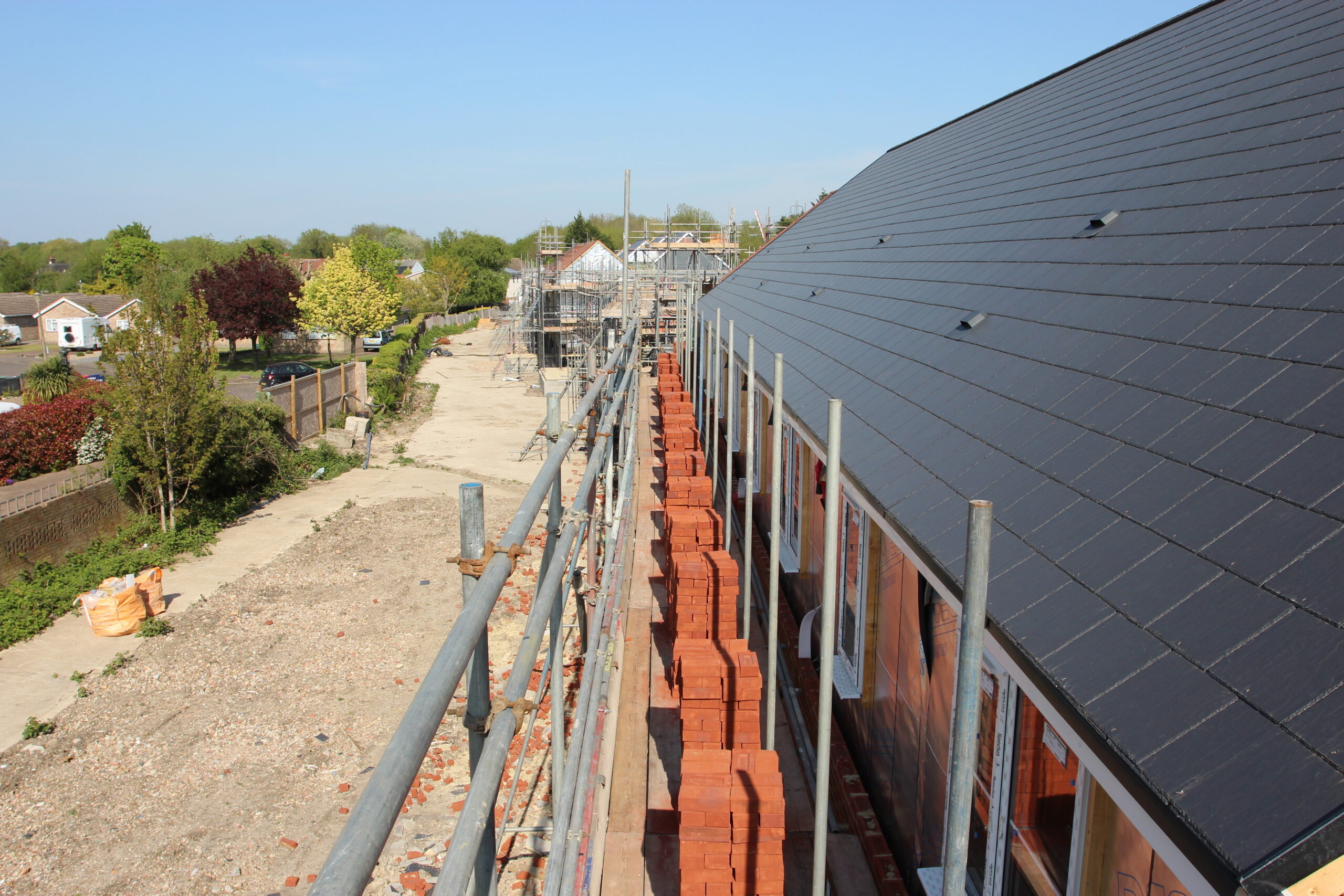Are you looking to build your own home that is fully tailored to your way of living and requirements? If yes, you should consider self-build home options that are available to you.
No doubt, self-building enables you to create a low-maintenance home. Besides, the self-build home allows you to design energy-efficient features in your home from the outset.
Simply put, self-build home or projects involve a hands-on approach that requires you to buy a plot, organise the design and construct home. It is to note here that self-building does not necessarily mean that you will be digging foundations trenches on site and laying bricks by your hands. Self-build homes may include managing contractors who will take care of each aspect of your construction project.
In UK, around 11,000 self-build homes are constructed every year. Amid them, less than 10% of homeowners get physically involved in process where they take on building work.
Routes for Self-Build
Depending on your availability, skillset, and budget, you can avail different self-build routes where you can either act as your own project manager, or DIY to build your home. Besides, you can adopt a hands-off approach wherein you depend on package suppliers to build your house.
Irrespective of your selected route to self-build home, this process requires considerable planning before you begin your work. Simply put, before visiting the site of your self-build project, you need to find the land property, secure finances, gain planning permission, and then selecting the finest construction system.
Cost for a Self-Build Home
You might be thinking about how much will it cost you to self-build your house? Well, on average, it may cost around £1,000 to £3,000 per meter square.
Factors impacting Self-Build
However, when it comes to self-build your home, you need to consider several factors that can skyrocket your build cost. Let’s take a brief look at those factors:
- Location of your property– one should note that prices of land and labour costs can greatly vary depending on the location of your land across the country.
- Size of your property– the bigger the size of your house, the more expensive it will be to build.
- Number of storeys– no doubt, with multiple storeys, you can better utilise your land. Also, it can reduce the foundation as well as roof costs per square meter.
- Involvement– the more you are capable of involving in your self-build project by taking on work, you can reduce the build cost.
- Specifications– just in case, you prefer premium products, your build costs will rise accordingly.
Finances involved in Self-Build
If you are willing to self-build your home, make sure you access to money that will be required in buying and building plot. You will need to pay sufficient cost for professional services like fees of architectural design, site survey fees, and so on.
Similarly, to self-build home in the UK, you need to gain planning permission from the local authority. The cost of the planning application is around £462 in England, but it can vary across the UK. More precisely, the planning permission cost involves several processes such as ecological surveys, design fees, etc.
Likewise, as mentioned earlier, construction material involved in your self-build construction system can affect your build costs.
Once you get your permission planning to self-build, you need to adhere to the building regulations strictly. To check the compliance, building control inspector will visit the construction site on various stages such as excavation for foundations, pouring concrete, building over site and damp-proof, drainage, and a final visit when the project is completed.
Option for First-time Buyers
If you are a first-time buyer, the idea of self-build can be hectic. This is because these self-build routes require financial input and sufficient time to complete the project. As its solution, first-time buyers can avail custom build options. This custom-build involves a hands-off approach as a developer or contractor builds your house depending on your unique needs, design preferences, and lifestyle.
No doubt, this option greatly supports the building of your home. It removes the common frustrations involved in self-build homes such as finding a plot, securing planning permission, and getting quality construction services to your site.



